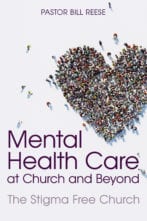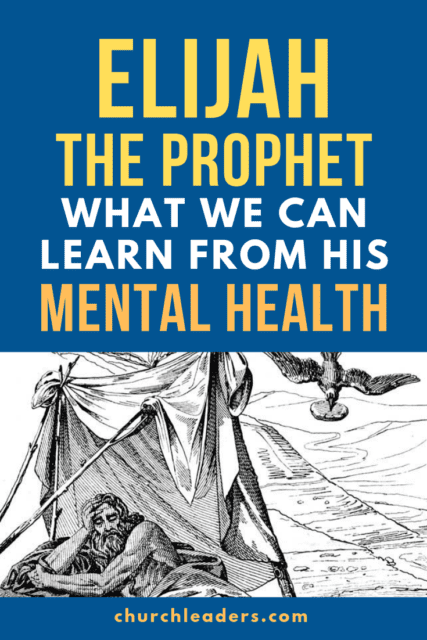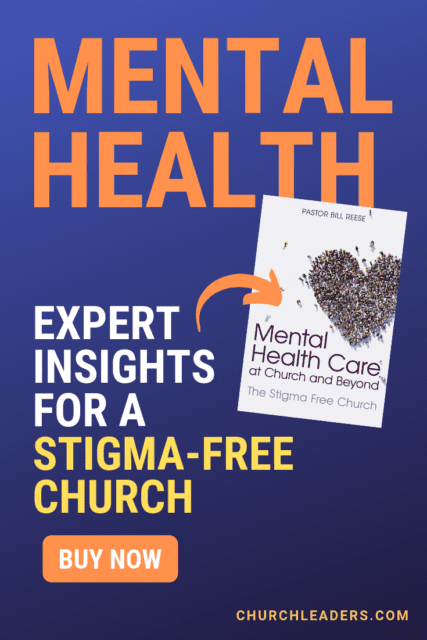We can learn many lessons from Elijah’s story. As pastors and leaders, we need to take care of ourselves physically, mentally, and spiritually. When we are tired, we need to get enough rest and sleep. And we need to eat the right foods to give us energy. If we neglect personal care, neglect, anxiety, and denial will lead to blow out and burn out.
We can conclude that in Elijah’s depression, he had a desire to die, which is not entirely a spiritual issue. Rather, his physical exhaustion, his cognitive beliefs, and his social isolation influenced his emotions and his spirit. Because he was tired, misinformed, and alone, he was mentally and spiritually unhealthy.
So, what can we learn from the story of Elijah the Prophet and emotional wellness and having a good mental health plan for ourselves and our congregants? The next time you’re feeling stressed, anxious, or discouraged, ask yourself if you’re exhausted, believing a lie, or isolated. If so, find some extra time to rest, eat some healthy food, go fishing, think about the truth, and connect with a friend. Leave your cell phone behind; God is speaking and restoring you. If those activities don’t help, then call your doctor, your pastor, a counselor, or a friend. Live a better day. We only get one life, one mind, and one body. “He refreshes my soul and restores my failing health” (Psalm 23:3).
This article was excerpted from Mental Health Care at Church and Beyond: The Stigma Free Church by Pastor Bill Reese.





